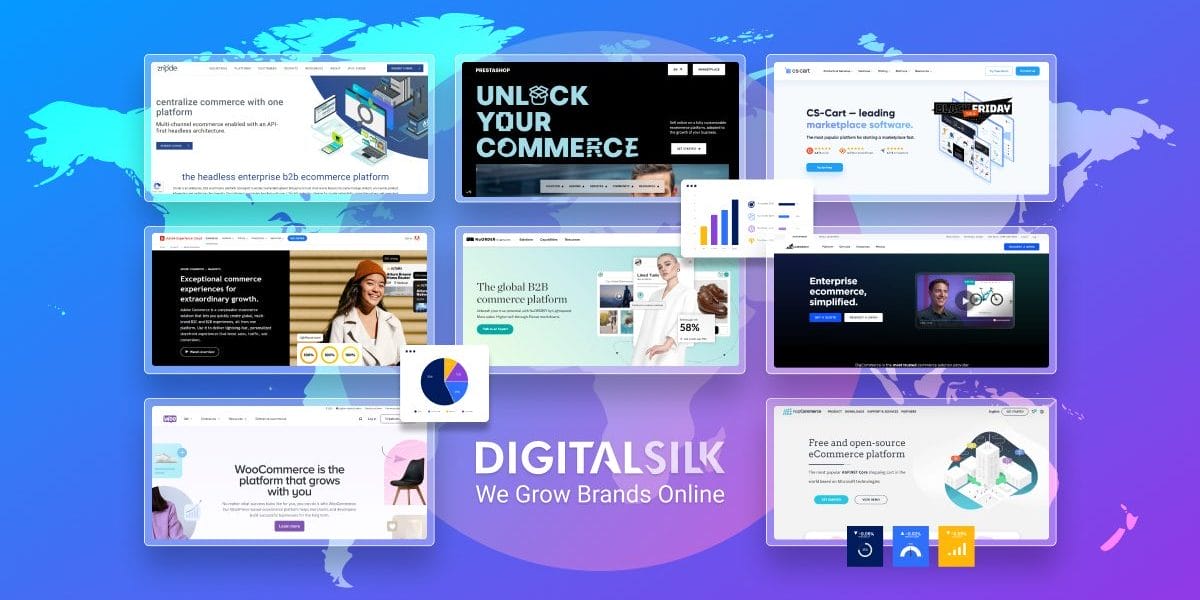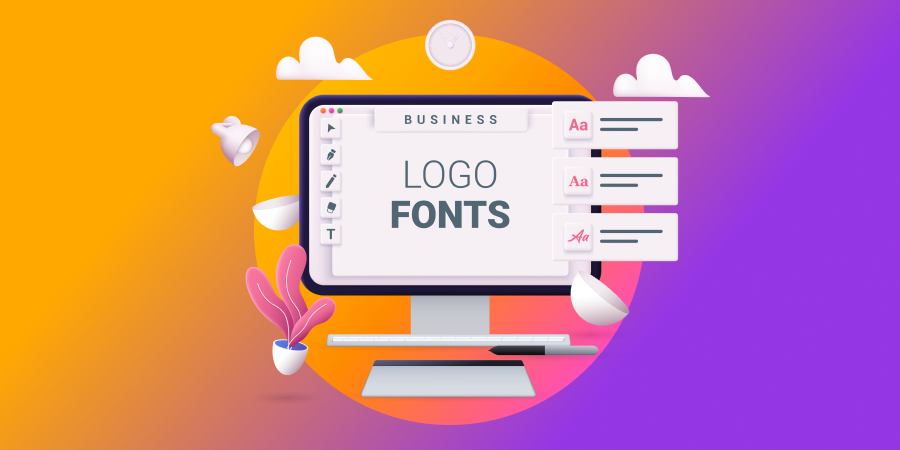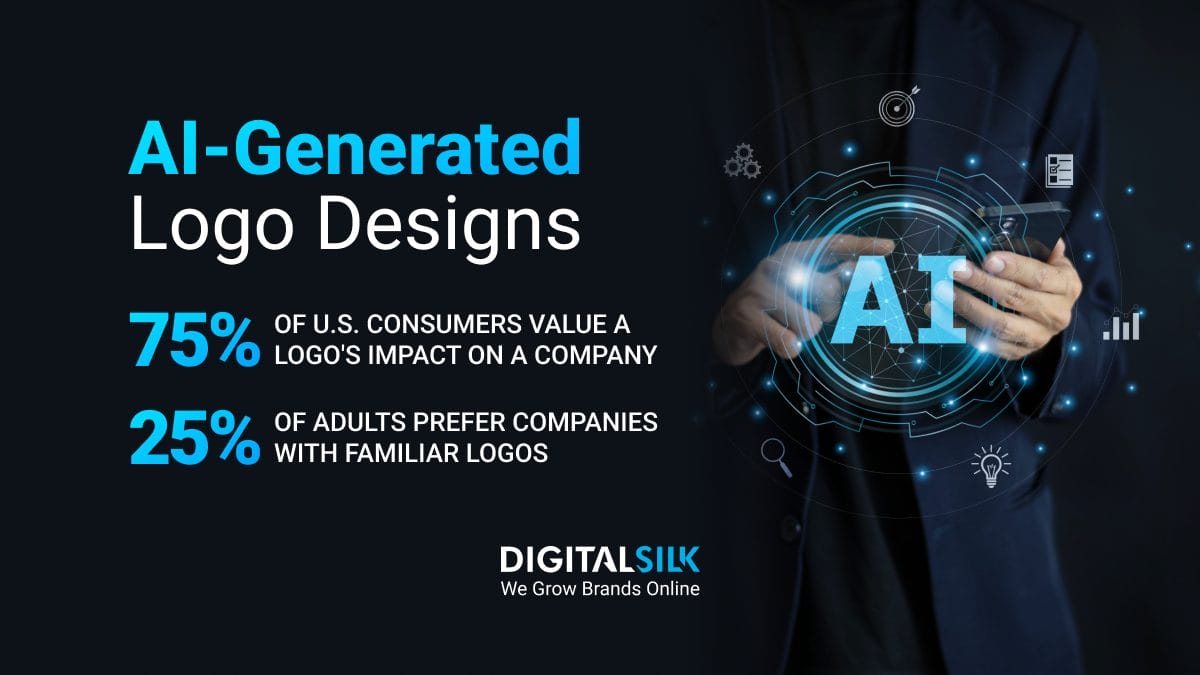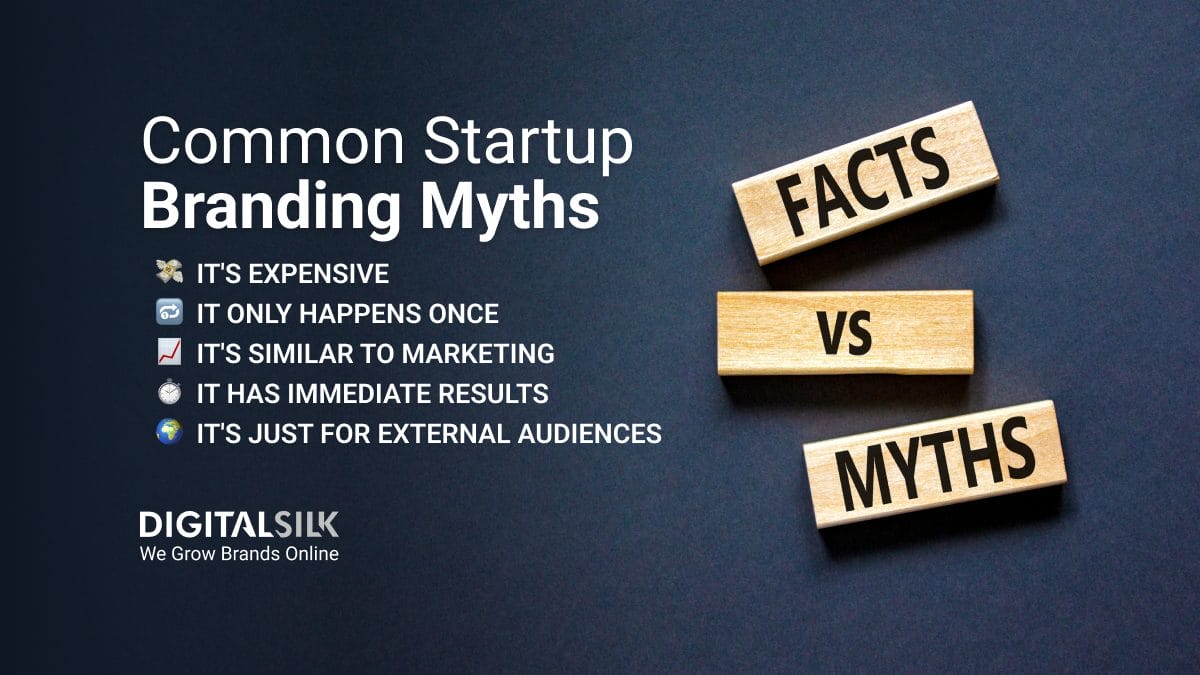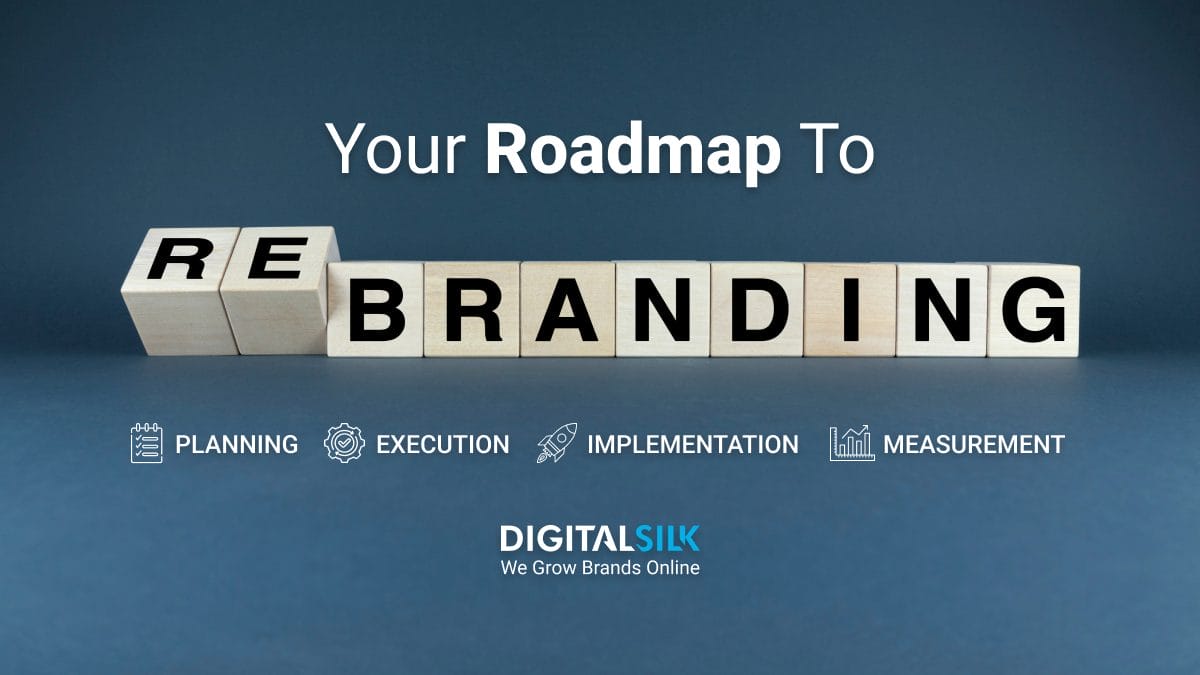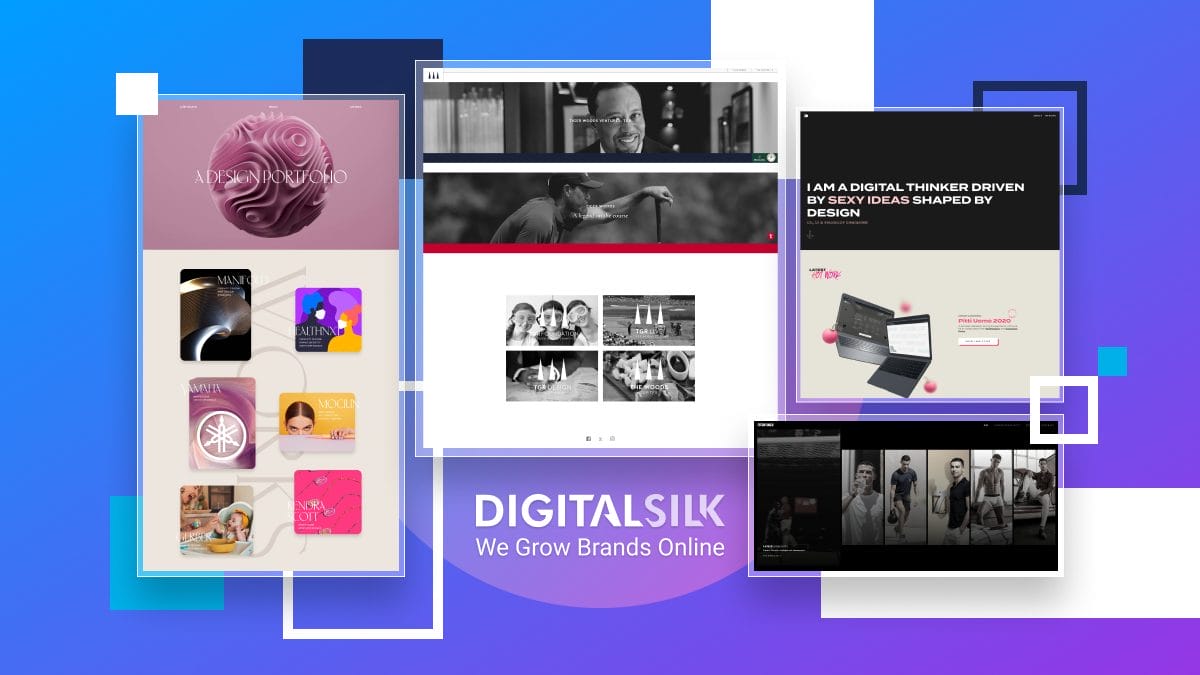B2B eCommerce sales are expected to reach $2.552 billion in 2025 in the U.S. alone.
As more businesses turn to online platforms for their purchasing needs, having user-friendly and easy-to-navigate online stores can help you streamline operations, increase sales and improve customer satisfaction.
Below we’ll explore 15 of the best B2B eCommerce platforms for well-established brands and large-scale businesses.
15 Best B2B eCommerce Platforms For Big Brands
65% of all B2B companies across all industries offer eCommerce capabilities. Since many B2B transactions happen online, more businesses are investing in robust and feature-rich platforms.
So, what are the best eCommerce platforms? We’ve compiled a list of 15 options based on their user-friendliness, signature functionalities and customer satisfaction rates.
| Security Features | Multi-Vendor Options | Support Services | |
| Znode | Encrypted SKUs | Multi-store managers | Support administrators |
| LogiCommerce | System Tokenization | Multi-channel system | 24/7 worldwide support |
| NopCommerce | PCI DSS Compliance | Omnichannel commerce | 24/7 support and bug fixes |
| CS-Cart | PCI DSS and GDPR | Cloud marketplace builder | Customer care packages |
| Virto Commerce | Certified SOC 2 Type II | Multi-channel marketplaces | Support representatives |
| Shopify | PCI CCPA and GDPR | Multi-channel selling | Shopify help center |
| WooCommerce | SSL and HTTPS | Omnichannel customization | FAQs, Woo Partners |
| BigCommerce | PCI DSS GDPR and SSL | Multi-store management | BigCommerce help center |
| Alibaba | PCI DSS Compliance | Wholesale multi-stores | Dedicated help center |
| Pepperi | SSL/TLS protocol | Multiple catalogs and stores | Support packages |
| Magento | SSL PCI and GDPR | Multi-store management | Customer care center |
| Oracle Commerce | SSL/TLS certificates | Cloud supply chain | Call center |
| PrestaShop | WAF, anti-DDoS | Multi-vendor overview | Live chat feature |
| Pulse Commerce | PCI DSS and SOX | Cross-platform inventory | Dedicated help center |
| NuORDER | MFA, Authenticator | Multi-store customization | Helpdesk and blog |
1. Znode
Capterra rating: 5.0/5
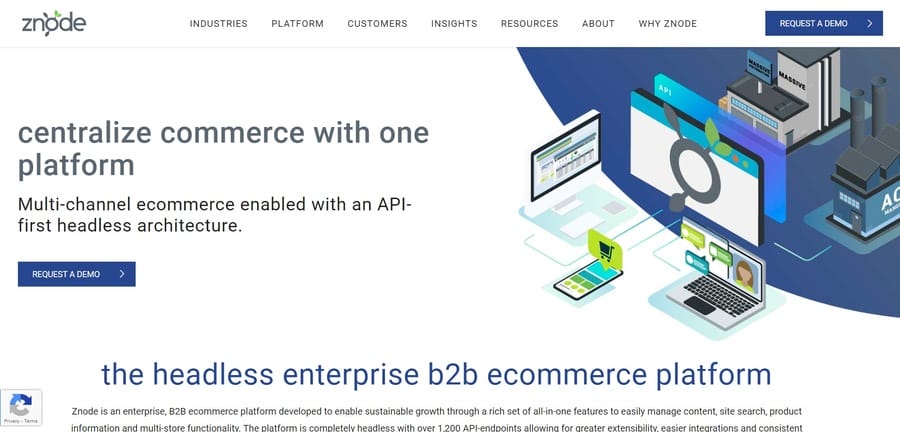
Znode aims to simplify B2B eCommerce complexities with native functionalities, reliable uptime and conversion-focused strategies.
The platform’s standout feature lies in its built-in PIM system with limitless catalogs to facilitate personalized recommendations, detailed audience segmentation, location-based filtering and distribution management.
Znode also allows businesses to manage multiple pricing models, configure order details in real time, manage approvals through workflows and view inventory data.
2. LogiCommerce
Capterra rating: 4.9/5
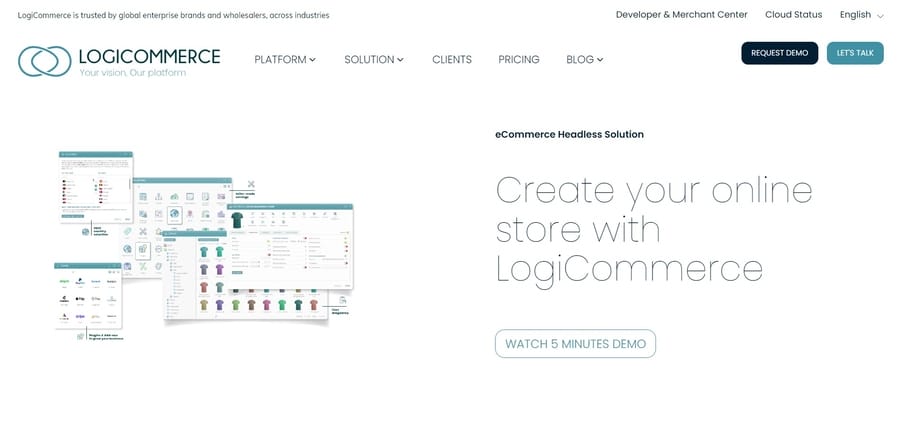
LogiCommerce allows brands to configure pricing policies based on consumer groups or areas, which means you can define product price points based on customers’ geographic locations.
The platform facilitates bulk purchasing, smart predictive discounts and repetitive order processing for maximum efficiency and minimal website downtime.
Businesses can also configure custom discounts, automatically generate discount codes and create loyalty programs to attract new clients.
3. nopCommerce
Capterra rating: 4.7/5
Number of live websites: 9.743
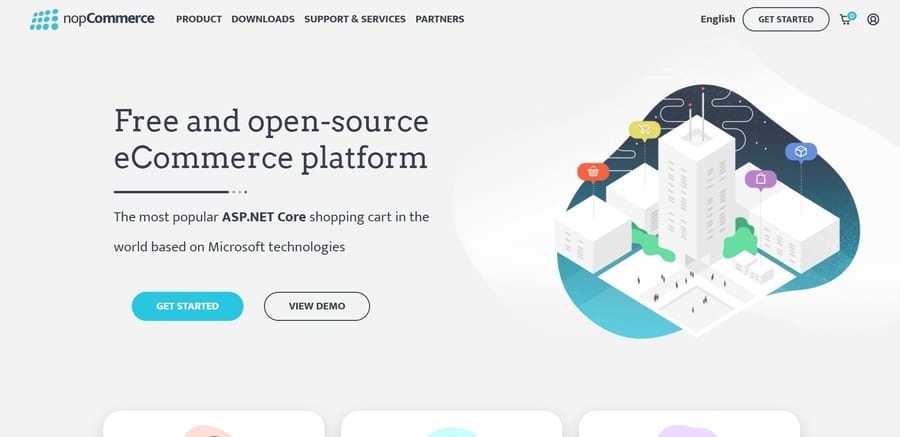
As an ASP.NET solution, nopCommerce includes built-in enterprise eCommerce features like multi-store and multi-vendor functionalities, strategic SEO and marketing settings, unlimited product attributes and stock management features.
The platform offers a unified sales process through cross-channel order management and information syncing, which allows businesses to automate routine steps like price management or product availability.
In terms of security, nopCommerce implements state-of-the-art SSL encryption for safe browsing, Honeypot support to prevent spam messaging and PCI compliance to safeguard credit card data.
4. CS-Cart
Capterra rating: 4.6/5
Number of live websites: 12.238
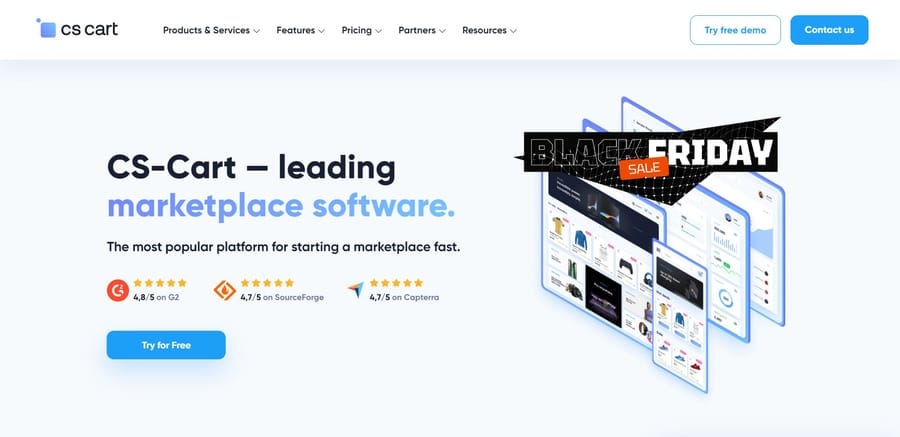
CS-Cart’s marketplace software uses effective seller management and marketing tools to create straightforward vendor panels, tailored cross-sell and upsell campaigns, page updates and consumer analytics.
Brands can split users into several marketplace groups with different permissions, use product import tools to add necessary on-page content, create customizable menus and publish additional informational pages.
The platform’s open-source and scalable nature gives brands more flexibility in growing their business, while its reliable hosting solutions can boost security, efficiency and security.
5. Virto Commerce
Capterra rating: 4.6/5
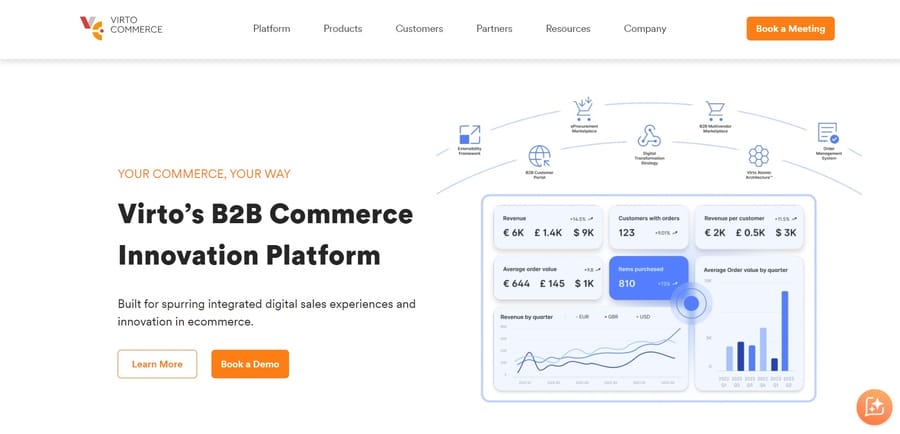
Virto Commerce’s main selling point is that it allows businesses to connect ERP or internal and third-party systems to the platform and centralize the supply chain.
Virto’s open-source architecture gives access to .NET, Kubernetes, GraphQL, Elastic Search and other agile software solutions for next-gen customizations and integrations.
It also facilitates faster page launch times, synchronized product catalogs and cloud-ready solutions.
6. Shopify
Capterra rating: 4.5/5
Number of live websites: 4.949.244

Shopify’s ecosystem leads the pack of the most popular eCommerce platforms with a sizable 27% market share.
The platform’s scalable, flexible and performance-focused nature boasts several channels and tools to help big brands grow their business and get better conversion rates.
The Plus plan allows businesses to sync online and retail systems for omnichannel operation, offers cutting-edge data and analytics insights to help improve targeting and includes robust security measures to protect sensitive information.
7. WooCommerce
Capterra rating: 4.5/5
Number of live websites: 6.025.992
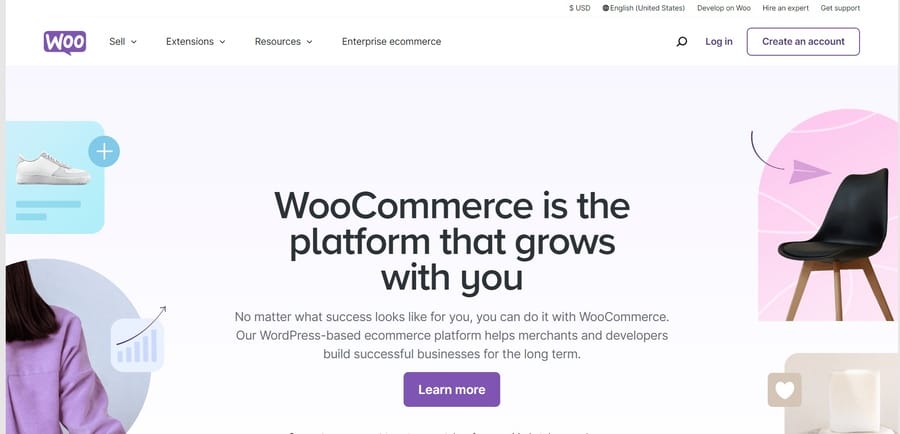
WooCommerce offers custom eCommerce solutions for high-volume stores. Its scalable hosting services can improve overall performance, future-proof your store and keep spending within the allocated budget.
Moreover, it assigns each client a dedicated customer success manager to ensure round-the-clock support for onboarding guidance, technical assessments and site performance optimization.
WooCommerce’s team of experts can also offer guidance during migration and integration processes to ensure a smooth transition from your current platform.
8. BigCommerce
Capterra rating: 4.4/5
Number of live websites: 43.105
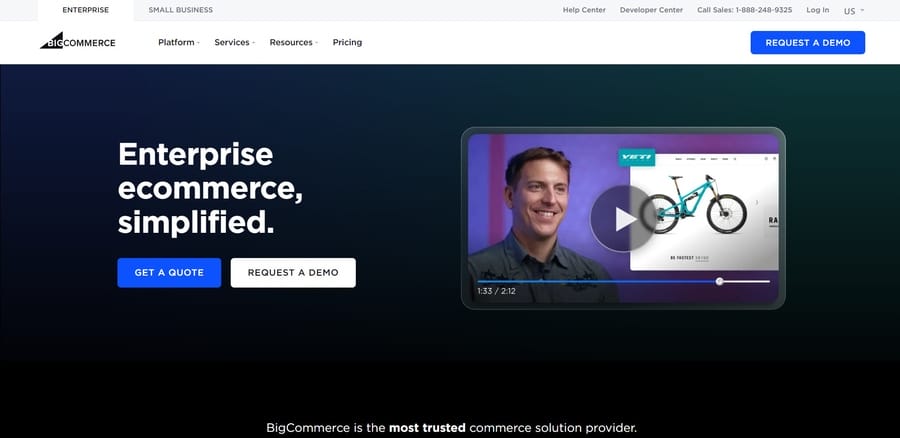
As one of the enduring names in eCommerce technologies, BigCommerce excels in multichannel selling, comprehensive conversion audits to determine brand health and reports analysis to identify actionable and conversion-focused steps.
Its headless architecture separates the front end — what users see — and the back end — where all relevant data is managed — which allows for greater customization options, better adaptability and improved efficiency.
However, since it’s a SaaS platform, regularly updating and maintaining the servers may prove difficult for non-technical users and its pricing may increase as your business expands.
9. Alibaba
Capterra rating: 4.4/5
Number of live websites: 104.282

Arguably one of the most popular eCommerce platforms, Alibaba allows users to search and filter millions of product offerings, connect with suppliers and make bulk purchases.
The platform offers trade assurance, secure payment options, and logistics support. With its rich supplier network, businesses can find competitive product prices and easily fulfill orders using Alibaba’s shipping and fulfillment solutions.
10. Pepperi
Capterra rating: 4.4/5
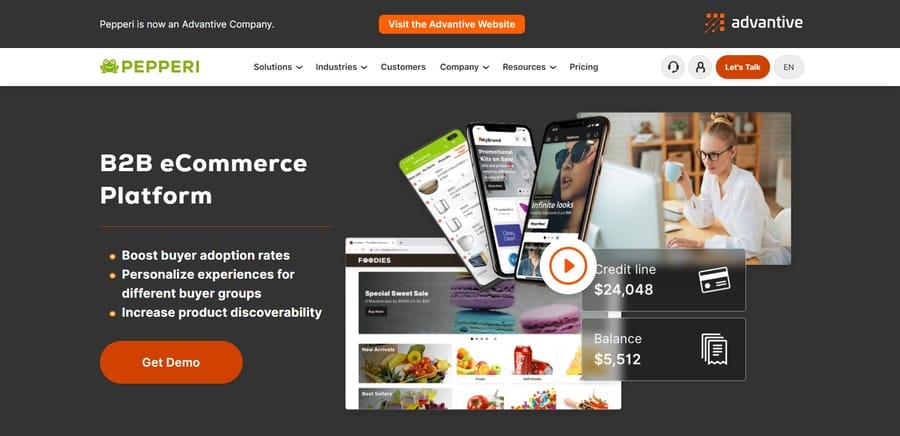
Pepperi boasts extensive B2B functionalities out-of-the-box and minimizes the need for third-party integrations to execute essential eCommerce tasks.
Instead of focusing on responsive web design, Pepperi offers native mobile and web apps for B2B brands to enhance cross-platform consistency, boost recognition and improve user engagement.
The platform allows businesses to import multiple orders via CSV files, predefine quantity increments for purchases and configure item sales history reports by brand, discount or custom field.
11. Adobe Commerce (Magento)
Capterra rating: 4.3/5
Number of live websites: 116.227
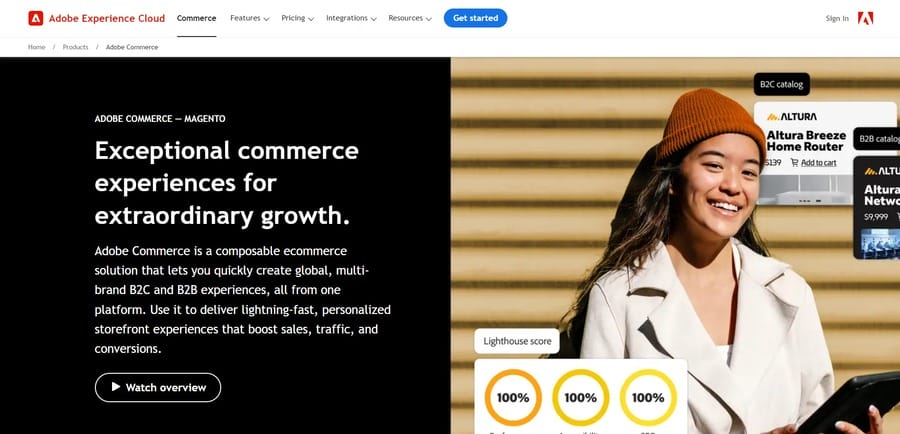
Adobe Commerce or Magento is a feature-rich and high-performing B2B eCommerce platform that allows businesses to boost conversions and loyalty through always-on digital sales portals and an end-to-end suite of marketing tools for at-scale personalization.
Brands can tailor their shopping experiences with customer-specific catalogs, secure payment options and a library of custom themes. Magento also offers quick ordering tools and automated purchase approval functionalities to handle large volumes of products and consumer data.
Magento allows businesses to centralize and standardize user information and content across all channels by creating a first-party data foundation for all applications and offers integrations with mainstream third-party platforms for shipping, checkout, ERP and CRM.
12. Oracle Commerce
Capterra rating: 4.3/5
Number of live websites: 6.596
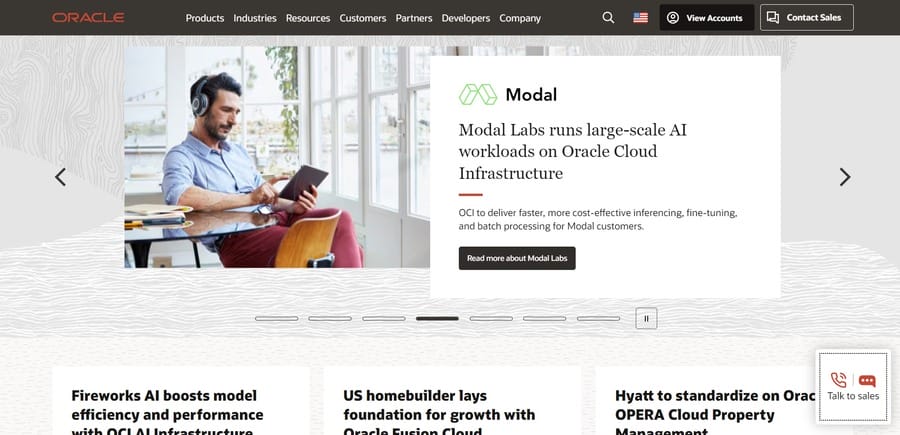
Oracle streamlines B2B transactions and improves buyer satisfaction with its signature digital buying channels. This allows businesses to offer self-service access to custom quotes, orders and account details in one place.
Additionally, the platform offers assisted buying services, personalized support and AI-driven technologies to interpret buyer signals and recommend the right products at the right time.
Brands can quickly launch new sites and pages with a simplified drag-and-drop builder, create built-in search and navigation menus, connect relevant data to ERP and supply chains and simplify complex product configuration and quoting.
13. PrestaShop
Capterra rating: 4.3/5
Number of live websites: 226.902
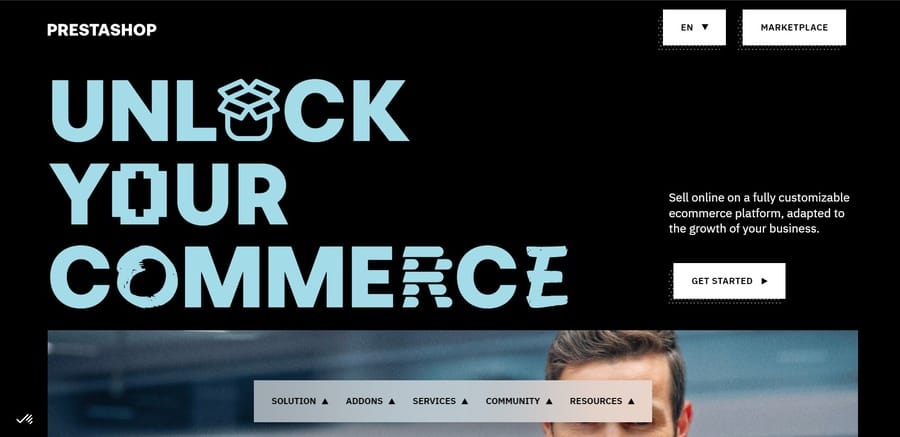
PrestaShop is another name that has rightfully earned its place on our list of the best B2B eCommerce platforms with its all-in-one customizable dashboard, high-performing hosting servers tailored for each business and lightning-speed loading times.
Businesses can easily combine all payment methods into one simple PayPal solution, simplify shipping and order management processes through intuitive tracking options and synchronize catalogs with social media platforms.
The platform’s Enterprise plan promises 40% faster average load times, 90% increase in SQL capacity and enhanced protection with secure development frameworks.
14. Pulse Commerce
Capterra rating: 4.3/5
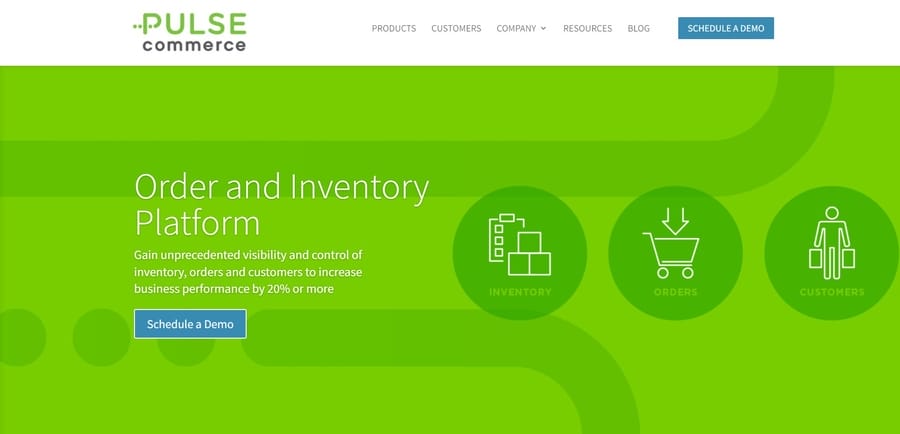
As a cloud-based order and inventory management platform, Pulse Commerce uses actionable analytics and business intelligence to streamline operations.
The platform delivers intelligent order routing for in-transit and committed inventory, supports order splitting and partial shipments and offers comprehensive product information management.
Moreover, Pulse Commerce includes end-to-end product catalog taxonomy and mapping to incorporate product attributes, categories or modifications.
15. NuORDER
Capterra rating: 4.1/5
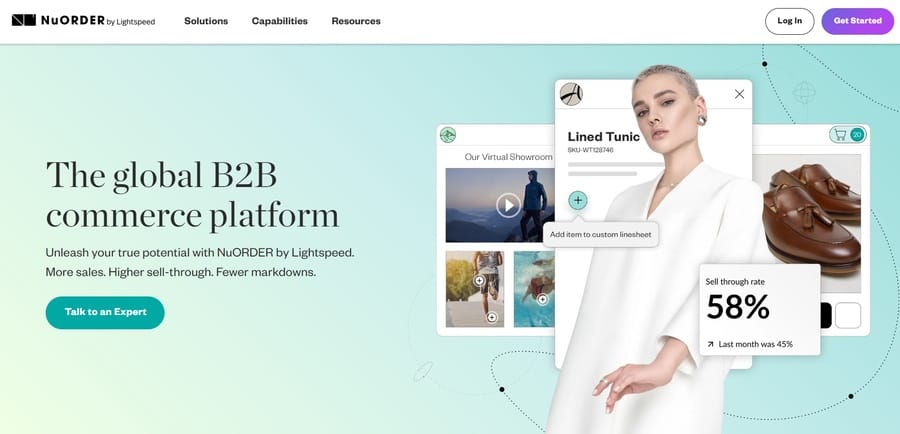
NuORDER is a fully integrated wholesale order management system that automates manual tasks with industry-leading ERP, PLM, PIM, POS and accounting systems.
The platform can bring product offerings to life through 3D renders, 360° visuals, virtual showrooms and shoppable videos.
It can streamline online and offline ordering processes with live inventory overview, centralized purchase orders, automated shipment updates and intuitive order management.
Features To Look For In B2B eCommerce Platforms
80% of B2B supplier and buyer interactions will take place online by 2025.
As such, deciding on the best eCommerce platform for B2B businesses can determine the success of your online store.
To narrow down your search, you should examine several key features that will enhance your eCommerce strategy:
- Modularity: This allows businesses to be flexible and scalable with feature updates to ensure their on-page content stays up to date. This allows brands to adapt to changing business or customer requirements, which can boost recognition and customer retention.
- Headless architecture: Decoupling the front and back end can improve performance and user experience, allowing more flexibility for complex requirements and features. This approach also enables optimized resource usage for servers and can ultimately support more structures than a monolithic approach.
- Third-party integrations: These allow for rapid deployment of essential features to create a more cohesive ecosystem without the upfront investment of building your own services or systems. Some essential integrations include ERP, CRM, or WHM systems, as well as using user behavior tracking or retargeting integrations.
- Extensibility frameworks: Frameworks allow eCommerce platforms to support unique or complex workflows to meet the business’ specific needs and ultimately deliver a better customer experience. Such systems are essential for enterprise eCommerce businesses operating in ever-evolving markets.
- Cloud-native approach: This approach facilitates greater scalability and improved performance. In many cases, it can be the most cost-effective route as it manages most requirements without additional support. Other advantages include enhanced security, reduced downtime, and improved data recovery.
- Open-source code: This offers better control and customization compared to licensed platforms. They’re often a more affordable option and have larger communities that maintain them. With these systems, brands can evolve and grow with rich features without being locked into expensive licensing agreements and the limitations of licensed platforms.
Main Benefits Of B2B eCommerce Platforms
80% of B2B companies value their eCommerce channel as much as their other sales channels, which further highlights the value these platforms have in building authority, increasing engagement and boosting conversions.
The main advantages of having robust B2B eCommerce platforms include:
- Boosted sales and revenue: With 24/7 availability, personalized product recommendations and cross-selling features, B2B eCommerce platforms can increase sales by simplifying the purchasing process for customers. Since 83% of B2B buyers prefer ordering online as opposed to physical stores, businesses can take advantage of this preference by investing in a reliable platform.
- Better customer experience: Customers are willing to pay 140% more after a positive experience than a negative one. B2B eCommerce platforms offer seamless navigation, personalized recommendations and efficient communication channels to enhance the user experience and guide visitors through all sales funnel stages.
- Improved operational efficiency: Automating time-consuming tasks such as order processing, invoicing and inventory management can lead to significant cost savings and minimize human error. Businesses can efficiently integrate with existing ERP systems, streamline operations and provide real-time data on inventory levels and customer orders.
- Valuable insights and analytics: Brands can take advantage of advanced analytics and reporting tools to better understand customer behavior, preferences and trends. These insights can be used for targeted marketing efforts, improving product offerings and making data-driven decisions.
- Scalable solutions: As businesses grow and expand, their corresponding eCommerce platform should scale accordingly. With the ability to handle high volumes of traffic and transactions, dedicated platforms provide a reliable and secure solution for large brands.
Grow Your B2B eCommerce Brand With Digital Silk
As the B2B industry continues to grow and conform to buyer demands, businesses need to adapt their strategies to remain competitive.
At Digital Silk, our in-house specialists are experts in web design and development, branding strategies and content marketing.
Our platform-agnostic and proactive approach delivers measurable results, with our key areas of expertise including:
- eCommerce design and development
- Shopify development
- Magento development
- WooCommerce development
- Custom web design
- Branding services
Contact our team, call us at (800) 206-9413 or fill in the Request a Quote form below to schedule a consultation.
"*" indicates required fields


